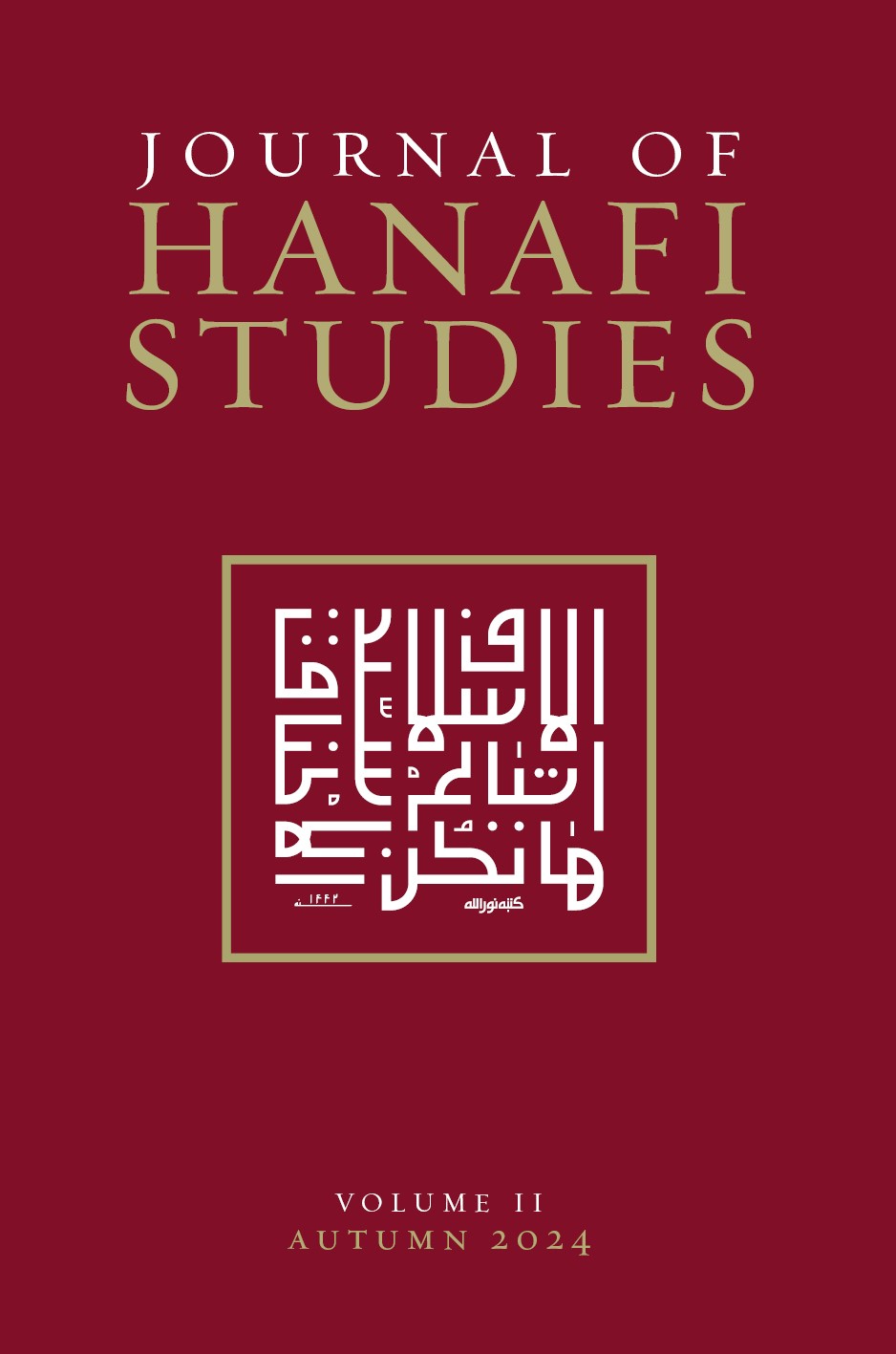
Reclaiming the Orthodox Sunni Legacy of Mawlana Rūmī
Imad Jafar
Abstract
There are few figures from Muslim history as misunderstood today as the famous Balkhi Sufi
poet and Ḥanafī scholar Jalāl al-Dīn Rūmī (d. 672/1273). Although Rūmī’s name has spread
across the globe—he is, according to some sources, “the most popular poet in America”—the prevailing Western perception of the man is far removed from the mawlānā of historical reality. While it is certainly true that Rūmī was a passionate Sufi, his celebrated verse—penned for religious subjects like God, the Prophet Muḥammad g, other prophets, various awliyāʾ, or his own spiritual shaykh Shamsi Tabrīzī (d. 645/1248)—is often misinterpreted by those who assume it speaks of secular love. One way to remind ourselves of the normativity of Rūmī is by revisiting what the scholars of the Sunni tradition have said about him. It is their traditional understanding of the mawlānā that is the focus of this essay, which surveys some of the key pre- modern and early modern Sunni authors and intellectual trends that mention Rūmī in a positive light. The purpose of doing so is to demonstrate the degree to which this great Sufi’s legacy permeates the mainstream Sunni scholarly heritage, helping to clear up the aforementioned misconceptions regarding the mawlānā today.

Key Words
Sufism, Rūmī, Ḥanafism, Ḥanafī fiqh, Persian poetry, taṣawwuf
